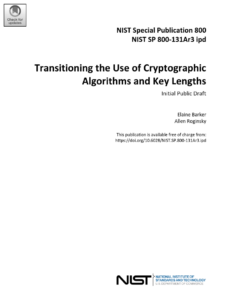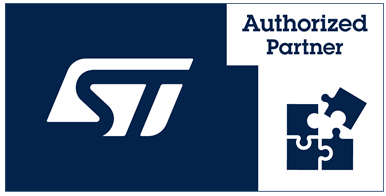Snagboot is a fully open-source and vendor-agnostic recovery and flashing tool released by Bootlin in 2023. It is composed of snagrecover and snagflash, which respectively run U-Boot on a target platform using USB recovery mode and flash non-volatile storage devices using USB gadgets exposed by U-Boot.
While the combination of snagrecover and snagflash allows to reflash a board during development, it doesn’t fully address the needs of factory flashing: fast processing of multiple boards in parallel, monitoring of individual board statuses during the flashing process, and compatibility with Windows, which is the most often used operating system on factory floors.
Back in March 2024, Texas Instruments contacted Bootlin with a project request: to grow Snagboot into an efficient factory flashing tool. The goal was for factory operators to have a way of efficiently flashing groups of devices using a single user-friendly interface.
While this project could have been executed internally by engineers at Texas Instruments, the team at TI realized the importance of keeping this work agnostic to TI and driving this truly as an Open Source project. We thank TI for partnering with us and sponsoring us to deliver this tool that will cater to the flash writing needs of a variety of small and medium sized manufacturing houses & industry in general.
Consequently, Bootlin is proud to release the 2.0 version of Snagboot, which includes a factory flashing tool that runs on both Windows and Linux!
This tool supports a wide range of platforms from different vendors. All boards using supported SoCs are themselves supported without any extra effort, provided proper U-Boot support exists and USB recovery ports are routed in hardware.
Continue reading “Upgrading Snagboot to a fully-fledged factory flashing tool”
 Around mid-March, Bootlin engineers Köry Maincent and Romain Gantois had the chance to attend edition 0x19 of the Netdev conference, where developers from the Linux kernel networking community assemble for four days of technical presentations and discussions.
Around mid-March, Bootlin engineers Köry Maincent and Romain Gantois had the chance to attend edition 0x19 of the Netdev conference, where developers from the Linux kernel networking community assemble for four days of technical presentations and discussions.
 Linux 6.14 was
Linux 6.14 was 

 This blog post is a continuation of
This blog post is a continuation of  The
The